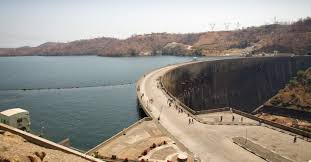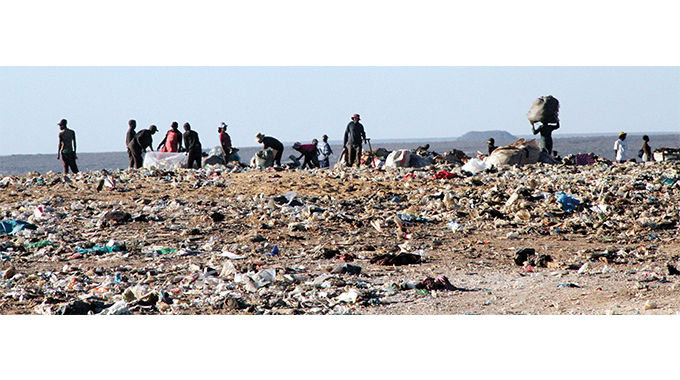Breakthrough in waste management: Zim adopts advanced water treatment technology
IN a major boost for water treatment, the Government has signed water purification deals in Belarus aimed at tackling the growing threat of pollution leaching out of decomposing waste in landfills, marking a significant step towards safer environmental protection and improved waste management.
The initiative targets contamination at landfill sites across the country, focusing on purifying leachate polluted runoff that seeps from decomposing waste. Landfills have been the standard method of getting rid of waste for many years and not all landfills were properly done and toxins do leach out into underground supplies and in surface runoff.
Treating this runoff will protect both groundwater and surface water, which are at risk of contamination when untreated leachate infiltrates aquifers or flows into rivers and lakes.
Leachate often contains heavy metals, ammonia, organic pollutants and pathogens. Treating it reduces the accumulation of toxic substances in soil, which can harm agriculture, biodiversity and human health.
Contaminated water sources are also known to spread diseases and cause long-term health issues. By removing harmful pollutants, the new treatment systems will significantly lower the risk of waterborne illnesses.
With many urban dumpsites lacking proper containment and treatment facilities, the initiative focuses on preventing toxic runoff from entering the environment.
Speaking to The Herald in Belarus, Geo Pomona Waste Management executive chairman and chief executive, Dr Dilesh Nguwaya, said the move is part of broader efforts to strengthen Zimbabwe’s environmental resilience, reduce pollution and improve waste infrastructure.
“We are now investing in a water treatment plant because all the dam sites have leachate water and dead water. We need to clean it so that it’s safe for the environment,” he said.
Geo Pomona Waste Management (Private) Limited and the Government of Belarus signed a Memorandum of Understanding for the establishment of effective and mutually beneficial cooperation in developing and implementing comprehensive waste management and water treatment solutions for environmental sustainability.
The MoU also seeks to strengthen partnerships on waste management development between Zimbabwe and Belarus.
Advanced treatment technologies will also enable water reuse. Purified leachate can be reused in non-potable applications, such as irrigation or industrial cooling, easing pressure on freshwater supplies. “Belarus has the latest technology, and the Government is ready to partner with them,” Dr Nguwaya said.
He said the Geo Pomona Waste Management site in Harare will serve as a prototype for water treatment. “There’s leachate underground that comes from the waste. The purpose of this water treatment plant is to clean that water. It will then be used for irrigation or to cool turbines in the waste-to-energy plant.
It’s a big project that will cover the whole country, including refuse collection and waste management equipment,” Dr Nguwaya said.
The plant will also help reduce air pollution, as untreated leachate can emit volatile organic compounds and methane.
Proper treatment minimises the release of these gases, improving air quality around landfill sites.
Treating leachate is a vital part of a responsible landfill operation. It supports sustainable waste practices, reduces environmental impact and aligns with Zimbabwe’s commitments under the African Union Agenda 2063 and the UN Sustainable Development Goals.
As implementation begins, environmental groups are calling for transparency, community engagement and long-term maintenance to ensure the initiative achieves meaningful results.-herald











